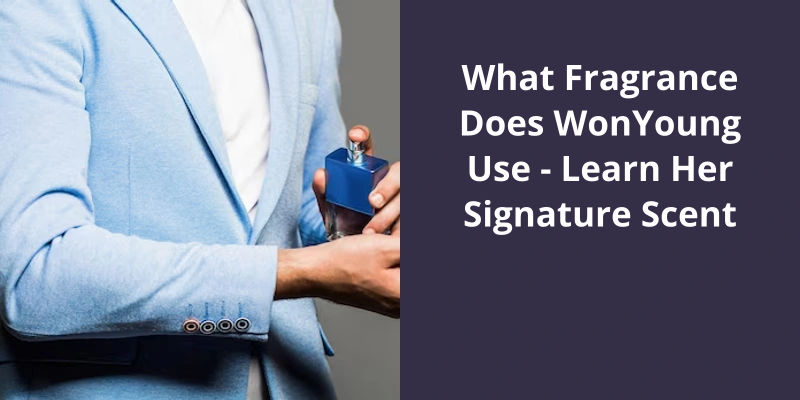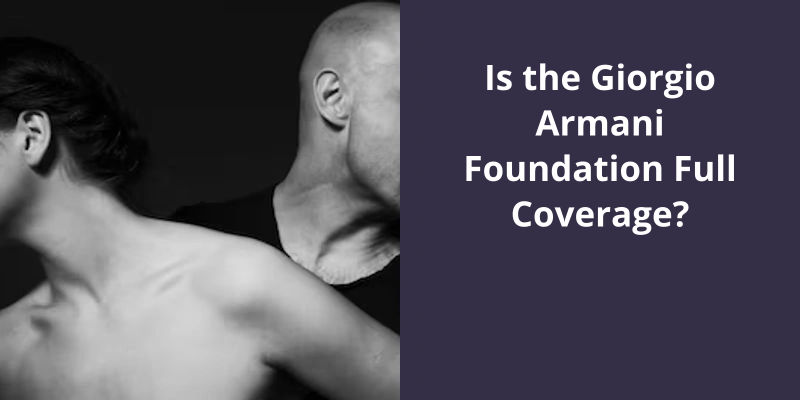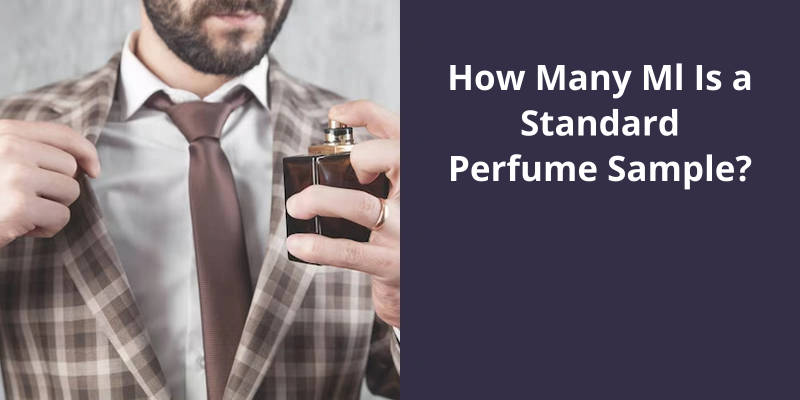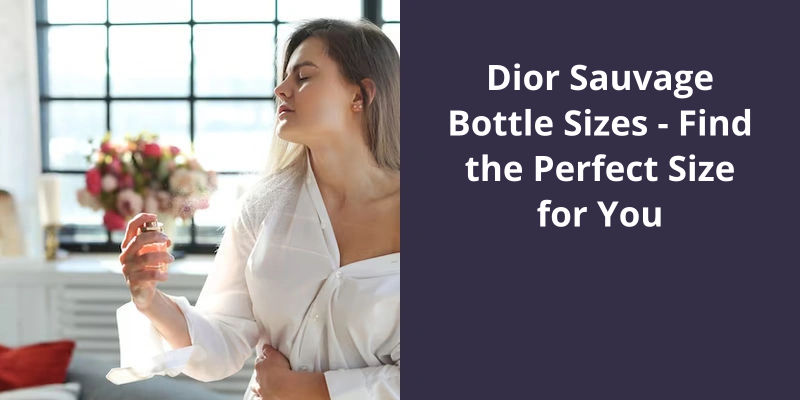The halal or haram status of Body Shop products can’t be fully confirmed as it varies on factors like ingredients and ethical standards. Being Halal implies the product is permissible according to Islamic law, avoiding elements such as alcohol and certain animal derivatives which are considered Haram (forbidden). Although The Body Shop is cruelty-free and many of their products are vegetarian or vegan, they have not officially claimed their products to be halal certified. Therefore, it’s advisable to check the ingredients list on individual Body Shop products to determine its status in line with personal halal standards.
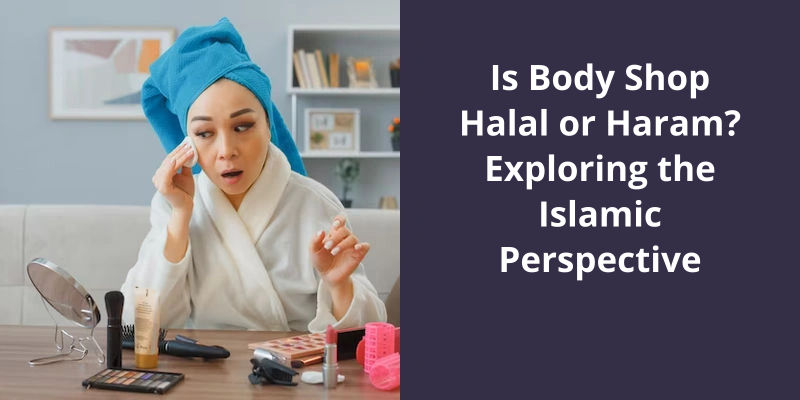
Can Muslims Use Body Shop Products?
This can be a sensitive topic for Muslim consumers, as alcohol isn’t permissible in Islamic teachings. However, it should be noted that the ethanol used in Body Shop products isn’t derived from grapes or dates, which are haram (forbidden) sources of alcohol. Rather, it’s typically obtained from fermented grains or sugar, which some scholars argue is khamr (intoxicants) but not haram.
That being said, there’s no clear consensus among Muslim scholars on the permissibility of using ethanol in personal care products. Some argue that it’s permissible because it isn’t being consumed as a beverage and only serves a functional purpose in the product. Others maintain that even external use of alcohol is forbidden because it can be absorbed through the skin and potentially enter the bloodstream.
As a result, it ultimately comes down to personal discretion and interpretation for Muslim consumers. Some may choose to avoid using Body Shop products that contain alcohol altogether, while others may feel comfortable using them in moderation. It’s worth noting that some halal certifying bodies do offer certifications for personal care products that take into account alcohol content, so individuals may want to look for these labels if they’re concerned.
Now that we know that makeup can indeed be certified halal, let’s explore the various aspects of halal makeup, how it differs from conventional makeup, and how to identify halal makeup products.
Can Makeup Be Halal?
Halal makeup isn’t just about avoiding certain ingredients but also about ensuring that the production process is free from any unethical practices. This aligns with the values of many Muslims who prioritize ethical and conscious consumption.
One issue that arises in the discussion of halal makeup is the use of alcohol in cosmetics. While consuming alcohol is forbidden in Islam, the use of alcohol in cosmetic products is a controversial topic. Some scholars and experts argue that certain types of alcohol, such as cetearyl alcohol, aren’t haram because they don’t cause intoxication and are used for their emollient properties. However, other scholars maintain that all types of alcohol should be avoided in any form.
Despite the growing interest in halal makeup, there’s still a lack of regulation and standardization in the industry. This means that while a product is marketed as halal, it may not actually meet all of the requirements for halal certification.
In addition to the religious implications of halal makeup, there are also practical benefits. Many halal makeup brands offer vegan and cruelty-free options, which can be appealing to those who prioritize animal rights and environmental sustainability. Halal makeup may also be beneficial for those with sensitive skin or allergies, as it often avoids certain ingredients that can cause irritation.
The Process of Obtaining Halal Certification for Makeup Products
- Research halal certification requirements.
- Contact a halal certification body.
- Provide information about the makeup products.
- Submit application and fees.
- Wait for inspection and approval.
- Ensure ongoing compliance with halal standards.
Source: Is Makeup Haram? – Mersi Cosmetics
As the demand for halal products grows, more and more brands are seeking halal certification. This label isn’t only important for Muslim consumers but also for anyone seeking transparency and authenticity in their food or skincare choices. In this article, we will explore the top halal brands in the market today.
What Are Halal Brands?
Halal brands are companies that have received certification for their products to meet the standards established by Islamic law. This certification assures Muslims that the products they purchase are consumed in accordance with their religious practices. The certification process involves inspections by Islamic scholars who determine if the products meet the religious requirements.
The demand for halal products has increased tremendously over the last few decades, not just in Muslim majority countries but across the world. In response, more and more companies are seeking halal certification for their products, recognizing the significant business opportunity.
Halal certification isn’t just about the ingredients used in the product, but also the production process, including sourcing, storage, manufacturing, and distribution. Each step in the production process needs to follow halal guidelines.
The importance of halal certification isn’t just limited to food products. It extends to other areas such as finance, medical and pharmaceutical products, and even tourism. Muslim travelers, especially those on pilgrimage, seek out halal-certified products and services, such as hotels, restaurants, and tour operators that follow the Shariah law. Halal branding, therefore, has enormous potential to cater to the diverse needs of the Muslim consumer market.
The Potential for Halal Brands to Expand Beyond the Muslim Market.
- Increasing demand for halal products in non-Muslim countries
- Diversification of halal products beyond food and beverage
- Rising global Muslim population driving growth
- Halal certification becoming a market differentiator
- Opportunities for halal brands in areas such as finance, tourism, and beauty
- Challenges include varying halal requirements and regulations in different countries
- Key players in the halal market include Nestle, Unilever, and Coca-Cola
Conclusion
In conclusion, while The Body Shop® doesn’t carry an official halal certification, the brand is committed to creating products that are 100% vegetarian and cruelty-free. The company strictly avoids using any animal-based ingredients obtained through killing animals and doesn’t condone the practice in any way. As such, consumers who’re looking for ethical and conscientious products can trust The Body Shop®.


